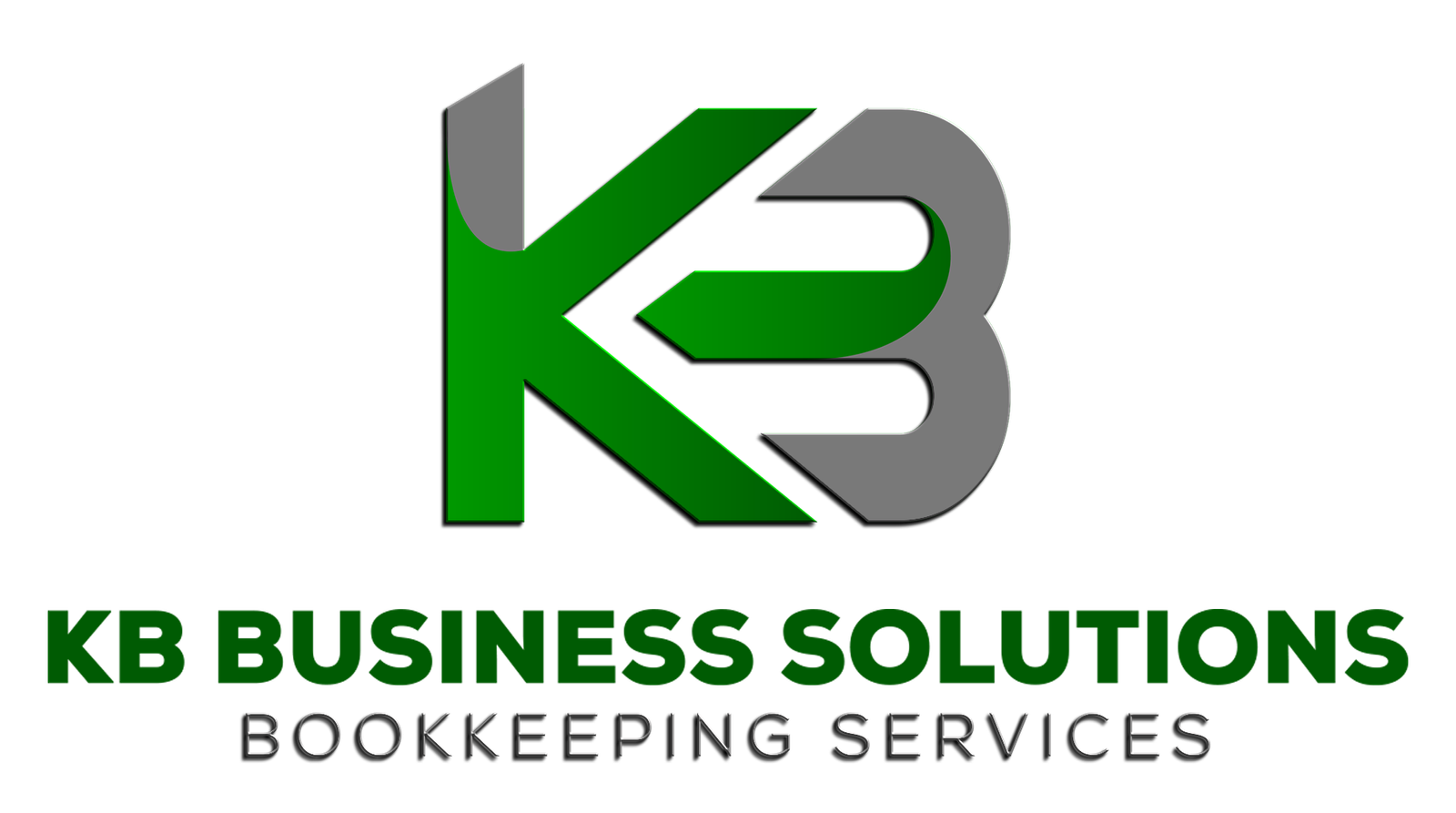In the realm of bookkeeping, QuickBooks stands out as a powerful tool, offering businesses intuitive features and robust functionalities to streamline financial data management and facilitate informed decision-making. This comprehensive guide will delve into how QuickBooks empowers bookkeepers to maintain accurate financial records and maximize the efficiency of bookkeeping processes.
What is QuickBooks?
QuickBooks, developed by Intuit, is a leading accounting software designed to cater to businesses of all sizes, from small enterprises to large corporations. Its user-friendly interface, comprehensive features, and scalability make it a favored choice for bookkeepers seeking to optimize their financial management processes.
Streamlined Data Entry and Categorization
QuickBooks simplifies the task of data entry and transaction categorization, providing bookkeepers with a seamless platform to record financial transactions, classify expenses, and allocate income with precision. Its automated features significantly reduce the time and effort required for manual entry, enhancing overall efficiency.
Real-time Financial Insights
One of QuickBooks’ hallmark features is its ability to generate real-time financial reports, offering bookkeepers and business owners a comprehensive view of the company’s financial health. Users can access up-to-date balance sheets, income statements, and cash flow statements, thus providing valuable insights for strategic financial planning.
Customization and Scalability
QuickBooks offers extensive customization and scalability to accommodate the specific needs of diverse businesses. Bookkeepers can tailor the software to capture industry-specific data, manage multiple entities, handle complex inventory management, and integrate with third-party applications, ensuring flexibility in meeting the unique requirements of their clients.
Automation of Routine Tasks
QuickBooks automates various routine bookkeeping tasks, such as invoicing, payroll management, and bank reconciliations, enabling bookkeepers to streamline their workflow and dedicate more time to value-added activities such as financial analysis and strategy development.
Integration with Third-party Applications
The software seamlessly integrates with a myriad of third-party applications, encompassing payment processors, customer relationship management (CRM) software, and inventory management systems. This integration min




